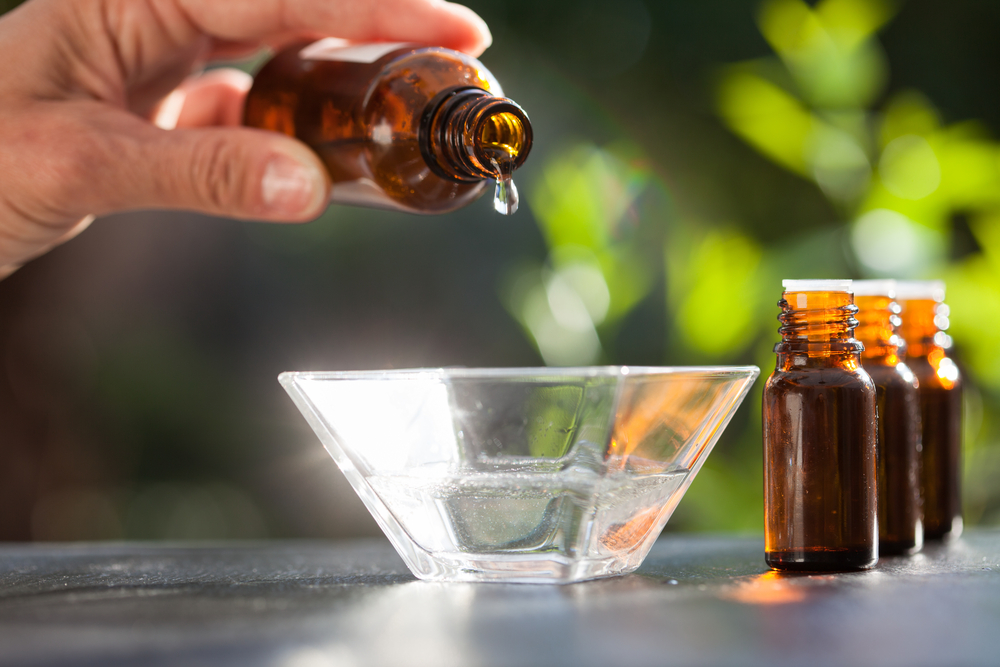If you need help from mental tension, physical exhaustion and anxiety to poor sleep, you may want to consider Aromatherapy
We live in a world where it is increasingly imperative to maintain our wellness of being. To be in a state equilibrium is a feat most of us strive towards. Aromatherapy helps by giving us natural, healthy alternatives towards better balance of mind, body, and spirit. Used correctly and combined with other holistic and/or alternative treatments, it can hugely benefit you.
Aromatherapy is the science of using essential oils for balance of mind and body. In this kind of treatment, you use the pure extracts from plants called essential oils.
What are essential oils?
The cornerstone of Aromatherapy, essential oils are pure extracts from flower, herb, and tree parts, like bark, roots, peels, leaves, and petals. The cells that give a plant its fragrant smell is its “essence.” When an essence is extracted from a plant, it becomes an essential oil.
It takes a lot of plant product to make essential oils.
In Bulgaria which produces the world’s best rose oil; to produce one kilogram of oil, about 4,000 kilograms of petals are necessary. In the UK, more than 200 pounds of lavender flowers are used to make just 1 pound of lavender essential oil. In Mysore, sandalwood can cost 1,25000 a litre or more in our current economy, because of the reduced numbers of sandalwood trees. The same is true of the beautifully fragrant saffron oil and so many others.
This has posed two challenges:
- of procuring pure essential oils
- a high cost for good quality
Not all products made with plant essence are essential oils.
True essential oils aren’t blended with other chemicals or fragrances. They’re made using a specific process that doesn’t change the chemistry of the plant.
This is significant because we utilise the therapeutic values associated with each plant to treat the human mind and body.
Lemon, orange, peppermint, tea tree, chamomile, eucalyptus, lavender, frankincense, cedarwood, and bergamot are a few of the essential oils used regularly.
How Aromatherapy Works
Experts think aromatherapy activates areas in your nose called smell receptors, which send messages through your nervous system to your receptors in your brain.
The oils may activate certain areas of your brain, like your limbic system, which plays a role in your emotions. They could also have an impact on your hypothalamus, which may respond to the oil by creating feel-good brain chemicals like serotonin.
How Aromatherapy Can Benefit You
First off, you shouldn’t use aromatherapy instead of your regular medical treatment but in conjunction with it, if agreed upon by your doctor. But for some conditions, research shows that aromatherapy can have immense health benefits.
It helps in the following ways:
- Ease stress, anxiety, and depression
- Boost feelings of relaxation
- Improve sleep
- Help improve quality of life for people with long-term health problems like dementia
- Ease certain types of pain, including pain from kidney stones and osteoarthritis of the knee
- Fight bacteria when you put them on your skin
- Ease some of the side effects of cancer treatment, like nausea and pain
The Uses of Aromatherapy
Aromatherapy works through your senses and these are some ways that you can use essential oils:
- aromatic spritzers
- inhalers/ diffusers
- bath/ bucket salts
- body oils, creams, or lotions for massage or topical application
- facial steamers
- hot and cold compresses
- clay masks
Is Aromatherapy Safe?
Aromatherapy is generally safe.
Essential oils can cause side effects, though. Some can irritate your eyes, skin, or mucous membranes in your nose. They can also cause mild allergic reactions.
Don’t use essential oils directly on your skin (the exceptions are lavender and tea tree).
If you’re considering aromatherapy, consult your doctor and a qualified aromatherapist about the possible risks and benefits.



